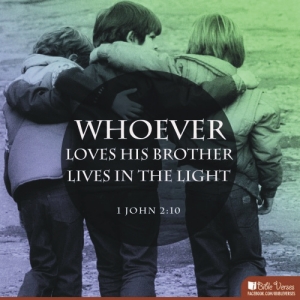
Wednesday, May 27, 2015
This Evening’s Meditation
C. H. Spurgeon
“What is thy servant, that thou shouldest look upon such a dead dog as I am?”—2 Samuel 9:8.
IF Mephibosheth was thus humbled by David’s kindness, what shall we be in the presence of our gracious Lord? The more grace we have, the less we shall think of ourselves, for grace, like light, reveals our impurity. Eminent saints have scarcely known to what to compare themselves, their sense of unworthiness has been so clear and keen. “I am,” says holy Rutherford, “a dry and withered branch, a piece of dead carcass, dry bones, and not able to step over a straw.” In another place he writes, “Except as to open outbreakings, I want nothing of what Judas and Cain had.”
The meanest objects in nature appear to the humbled mind to have a preference above itself, because they have never contracted sin: a dog may be greedy, fierce, or filthy, but it has no conscience to violate, no Holy Spirit to resist. A dog may be a worthless animal, and yet by a little kindness it is soon won to love its master, and is faithful unto death; but we forget the goodness of the Lord, and follow not at His call. The term “dead dog” is the most expressive of all terms of contempt, but it is none too strong to express the self-abhorrence of instructed believers. They do not affect mock modesty, they mean what they say, they have weighed themselves in the balances of the sanctuary, and found out the vanity of their nature. At best, we are but clay, animated dust, mere walking hillocks; but viewed as sinners, we are monsters indeed.
Let it be published in heaven as a wonder, that the Lord Jesus should set His heart’s love upon such as we are. Dust and ashes though we be, we must and will “magnify the exceeding greatness of His grace.” Could not His heart find rest in heaven? Must He needs come to these tents of Kedar for a spouse, and choose a bride upon whom the sun had looked? O heavens and earth, break forth into a song, and give all glory to our sweet Lord Jesus.






































































































